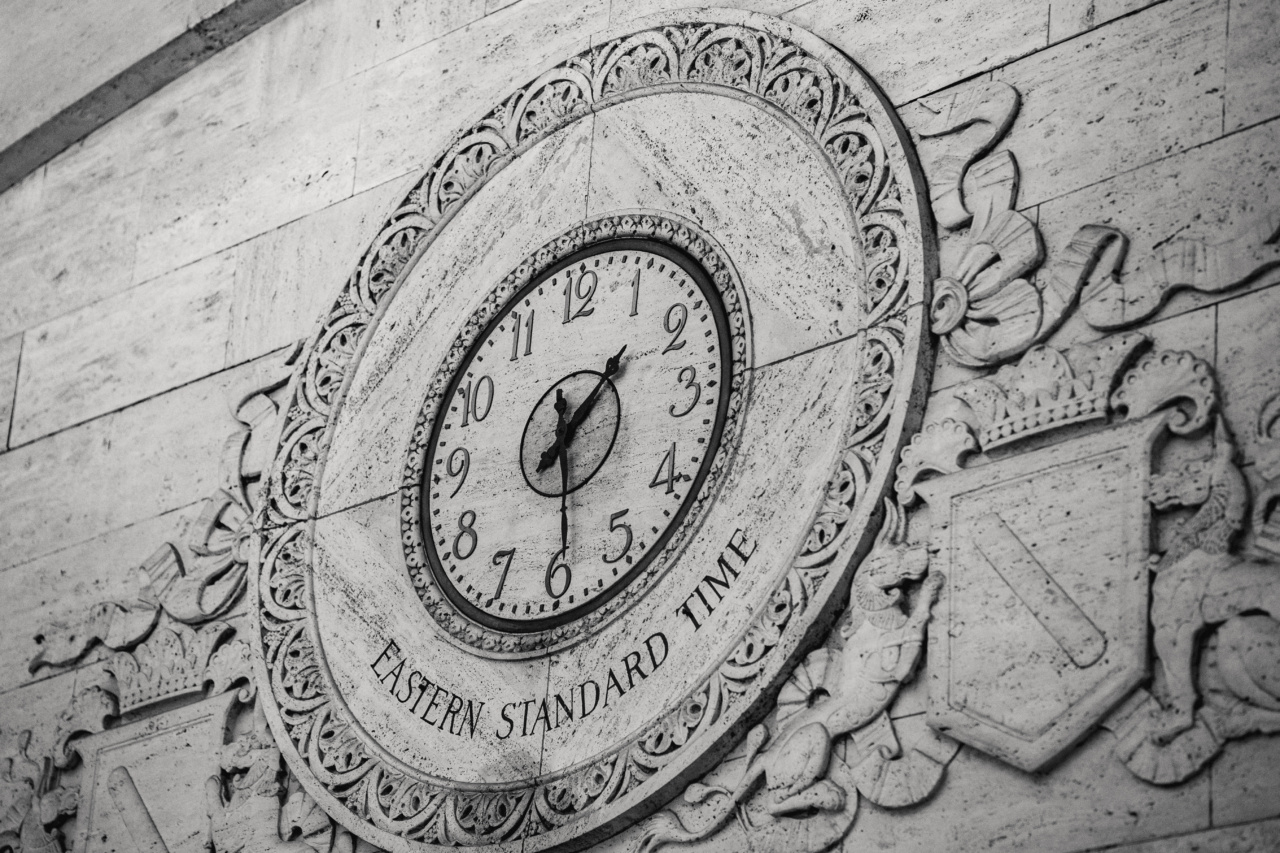Every individual carries a unique set of experiences, both positive and negative, that shape their journey through life. These experiences, especially the negative ones, can have a profound impact on our physical and mental well-being.
Time and punishment often go hand in hand, with the sins of our past haunting us as we age. In this article, we will explore how the mistakes, regrets, and unresolved issues from our past can affect the aging process.
The Burden of Guilt
Guilt is a powerful emotion that can weigh heavily on our souls. When we carry the burden of guilt, it has the potential to manifest in physical symptoms and accelerate the aging process.
Research has shown that chronic guilt can lead to increased stress levels, insomnia, and even a weakened immune system. These physical manifestations of guilt can ultimately impact our overall well-being and contribute to premature aging.
Unresolved Trauma and Stress
Unresolved trauma from our past can also have a significant impact on how we age. Whether it be childhood trauma, a painful breakup, or the loss of a loved one, these experiences can leave scars that affect us on a deep level.
The stress associated with unresolved trauma can lead to chronic inflammation, hormonal imbalances, and disrupted sleep patterns. Over time, these factors can accelerate the aging process and increase the risk of age-related diseases.
The Mental Toll
Our minds have an incredible influence on our bodies, and the sins of our past can take a toll on our mental well-being. Regrets, self-blame, and negative self-talk can all contribute to increased stress and anxiety.
Additionally, the shame associated with past mistakes can lead to social isolation and a diminished sense of self-worth. These mental challenges can significantly impact our ability to age gracefully and enjoy a satisfying quality of life.
The Role of Lifestyle Choices
Our past experiences can also shape our present lifestyle choices, which in turn impact how we age.
For example, individuals who have experienced trauma or abuse may be more inclined to engage in self-destructive behaviors such as substance abuse or unhealthy relationships. These choices can have long-lasting effects on our physical and mental health, further accelerating the aging process.
Breaking the Cycle
While the past can certainly cast a shadow on our present and future, it’s important to remember that we have the power to break free from the cycle.
Healing from past traumas, forgiveness (both for ourselves and others), and cultivating a positive mindset can all contribute to a healthier aging process. Seeking professional help through therapy or support groups can also be instrumental in overcoming the negative effects of our past.
The Importance of Self-Care
To counteract the impact of the sins of the past on our aging process, self-care becomes paramount. This involves taking care of our physical, mental, and emotional health.
Engaging in regular exercise, eating a balanced diet, and getting sufficient sleep are crucial for overall well-being. Prioritizing activities that bring joy and fulfillment, such as hobbies or quality time with loved ones, can also improve our psychological state and slow down the aging process.
Embracing Forgiveness and Letting Go
Forgiveness, both towards ourselves and others involved in our past sins, is a fundamental step towards breaking free from the chains of the past. By letting go of self-blame, resentment, and anger, we open ourselves to healing and personal growth.
Forgiveness does not mean forgetting or condoning the actions that caused us pain but rather freeing ourselves from their power over us.
Living in the Present Moment
One of the most effective ways to combat the negative effects of our past is by focusing on the present moment.
Instead of dwelling on past mistakes or regrets, mindfulness and meditation practices can help us stay grounded and regain control over our thoughts and emotions. By embracing the present and practicing gratitude for what we have now, we can find peace and acceptance in aging.
Seeking Support and Connection
The journey of healing and overcoming our past is not one that we have to face alone. Seeking support from trusted friends, family members, or professionals can provide the empathy, guidance, and encouragement necessary for growth.
Connecting with others who have similar experiences through support groups or therapy can also foster a sense of belonging and understanding that facilitates healing.
Conclusion
Our past sins and regrets can undoubtedly impact our aging process, both physically and mentally. The burden of guilt, unresolved trauma, and negative self-talk can all accelerate the aging process and diminish our overall well-being.
However, by practicing forgiveness, self-care, and mindfulness, we can overcome these effects and age with grace and resilience. Remember, it is never too late to start healing and embracing a brighter future.






























